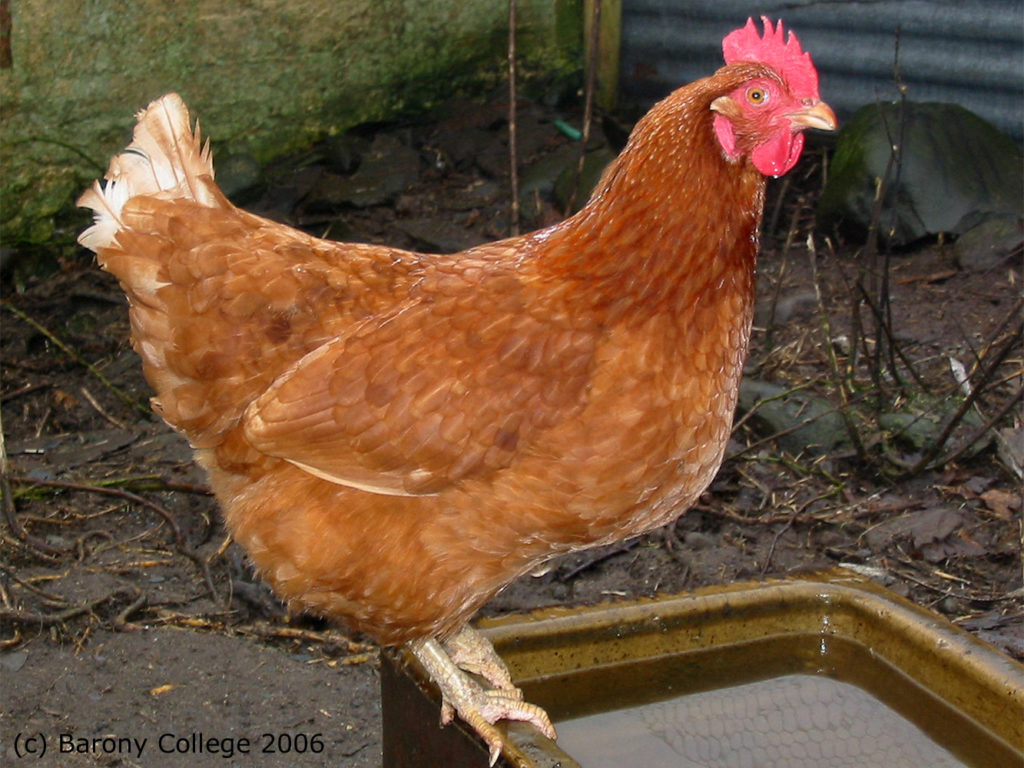Managing domestic poultry during the housing order
14 December 2016Note: The Avian Influenza Prevention Zone covering Scotland will be extended until at least 30 April, the Scottish Government has confirmed.
Those of you with chickens, hens, turkeys and ducks will be aware that there is a housing order on these birds for all of Great Britain, in order to reduce the risk of infection with H5N8 (a highly pathogenic strain of avian influenza). The housing order applies to both backyard and commercial flocks.
The challenge is how to keep your birds content if they are used to having access to the outdoors (i.e. free range poultry). The sudden closing of the pop holes is likely to affect bird behaviour, and may affect production (e.g. a drop in feed intake, reduced egg production). So what can you do about it?
- Encourage foraging behaviour in the litter area by ensuring that the litter is as loose (friable) and dry as possible: turn the litter, add fresh litter if necessary, and encourage the hens to ‘work’ the litter themselves by scattering feed or grain onto it on a daily basis.
- Provide other foraging material to the birds: pecking blocks, hay nets, bales of straw (preferably bales that have been wrapped to prevent wild bird dropping contamination, but with wrappers removed on placement into the shed) or bales of shavings (still in their plastic wrap to maintain their shape – the birds will soon peck holes into it), dirt clumps, non-toxic weeds, wood stumps, brassicas, cabbage, kale, or dried corn cobs hanging from string. Choose the size and quantity of materials that suits your flock – a few corn cobs for 16,000 hens will not be effective, but several straw bales might! Change the items when birds lose interest in them to maintain activity.
- Provide ample dustbathing opportunities. This may not be necessary if your litter is dry and loose, but it can be enhanced by providing specific dustbaths filled with material such as kiln-dried sand. To make them worthwhile, these should be quite large, e.g. 1 × 1 m. A dustbath the size of a cat litter tray will soon be depleted and frustrate you and your birds.
- Inspect your birds frequently for outbreaks of feather pecking and/or cannibalism. Seek out targeted birds that often hide in e.g. nest boxes to avoid unwanted attention from other birds. Treat or cull damaged birds immediately, to help limit the spread of the behaviour. Contact your local veterinary advisor if pecking persists – unfortunately, beak trimming (particularly for organic laying hen flocks which have intact beaks) may need to be resorted to, in order to reduce the damage that feather pecking can cause.
Further advice
Sign up to the FAS newsletter
Receive updates on news, events and publications from Scotland’s Farm Advisory Service

